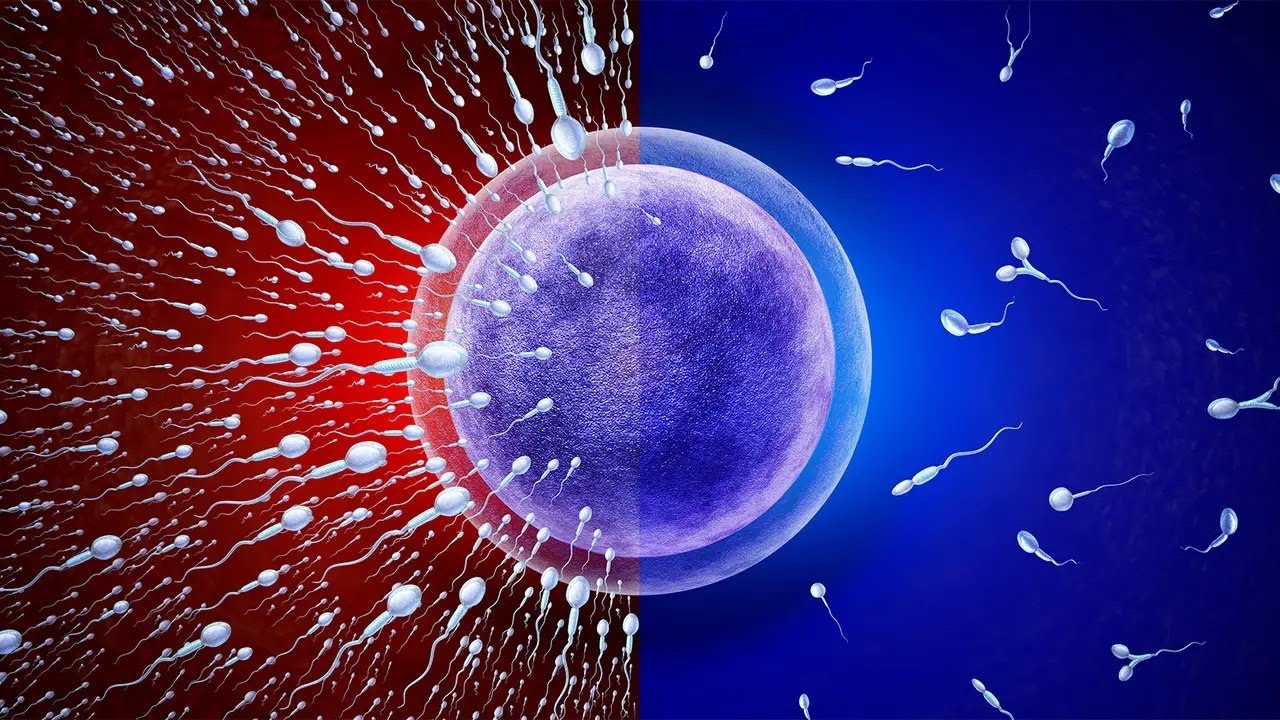
Infertility is a journey that many people don’t talk about enough. It’s an emotional, physical, and financial challenge that affects millions of individuals and couples worldwide. National Infertility Awareness Week® (NIAW), observed from April 20 to 26, aims to break the silence, remove the stigma, and support those facing fertility struggles.
According to the World Health Organization, 1 in 6 people globally experience infertility. This statistic includes couples trying to conceive naturally, LGBTQ+ individuals seeking reproductive assistance, and single parents by choice. Despite how widespread infertility is, many people still face stigma, shame, and misinformation.
10 Common Infertility Myths & the Truth
Let’s bust some of the most common infertility myths—and replace them with facts that empower, support, and create space for kinder conversations.
Myth 1: “Just relax, and it will happen.”
Truth: Stress doesn’t cause infertility—but infertility can cause stress. While managing anxiety is important for overall health, implying that relaxation alone is the answer dismisses the very real medical issues many people face.
Myth 2: “Infertility is a woman’s issue.”
Truth: Infertility affects men and women equally. According to the CDC, in 35% of couples with infertility, both partners have contributing issues. Male infertility (low sperm count, motility issues, etc.) is just as important to assess.

Myth 3: “If you’re young, you won’t have fertility problems.”
Truth: While age is a factor, infertility can affect people of any age. Conditions like PCOS, endometriosis, autoimmune issues, or unexplained infertility don’t discriminate.
Myth 4: “If you already have a child, you can’t be infertile.”
Truth: This is called secondary infertility, and it’s very real. People can struggle to conceive again, even if their first pregnancy was easy or unassisted.
Myth 5: “Natural remedies and supplements are enough to fix fertility.”
Truth: While lifestyle and nutrition can support reproductive health, there’s no one-size-fits-all cure. Fertility is complex, and often medical intervention is necessary. It’s not a lack of effort—it’s biology.

Myth 6: “IVF always works on the first try.”
Truth: IVF can be life-changing, but it’s also emotionally and physically demanding—and success isn’t guaranteed. Many couples need multiple rounds or experience pregnancy loss along the way.
Myth 7: “Miscarriage is rare and always the woman’s fault.”
Truth: Miscarriage is unfortunately common—affecting about 1 in 4 pregnancies. And it’s almost never due to anything the woman did or didn’t do.
Myth 8: “If you can’t afford treatment, adoption is the easy backup.”
Truth: Adoption is a beautiful choice—but it’s not a quick fix. It’s emotionally, legally, and financially complex, and not a substitute for addressing infertility with compassion and care.

Myth 9: “You just need to do more yoga/meditate/eat cleaner.”
Truth: Holistic practices like yoga and nutrition can support overall wellness, but they’re not magic solutions. Fertility challenges are often medical in nature and need professional diagnosis and treatment.
Myth 10: “It’s better not to talk about infertility.”
Truth: Silence breeds shame. When we avoid conversations about infertility, we isolate those who are hurting. Talking about it openly breaks the stigma and builds connection.
Infertility is a multifaceted journey and honestly, it can be a lot. By understanding what infertility is at its core, raising awareness, fostering open dialogue and implementing strategies to support mental and emotional well-being, we can create a more compassionate and inclusive environment for individuals and couples facing infertility.
Ref: https://extendfertility.com/what-is-infertility-awareness-week-2025/
Disclaimer
The Content is not intended to be a substitute for professional medical advice, diagnosis, or treatment. Always seek the advice of your physician or other qualified health provider with any questions you may have regarding a medical condition.
Disclaimer: This story is auto-aggregated by a computer program and has not been created or edited by healthlydays.
Publisher: Source link











